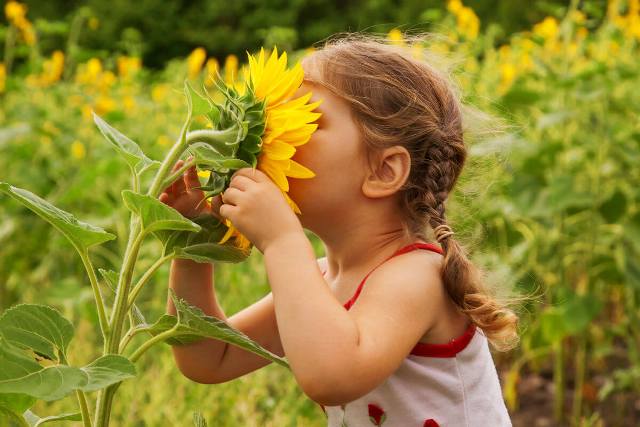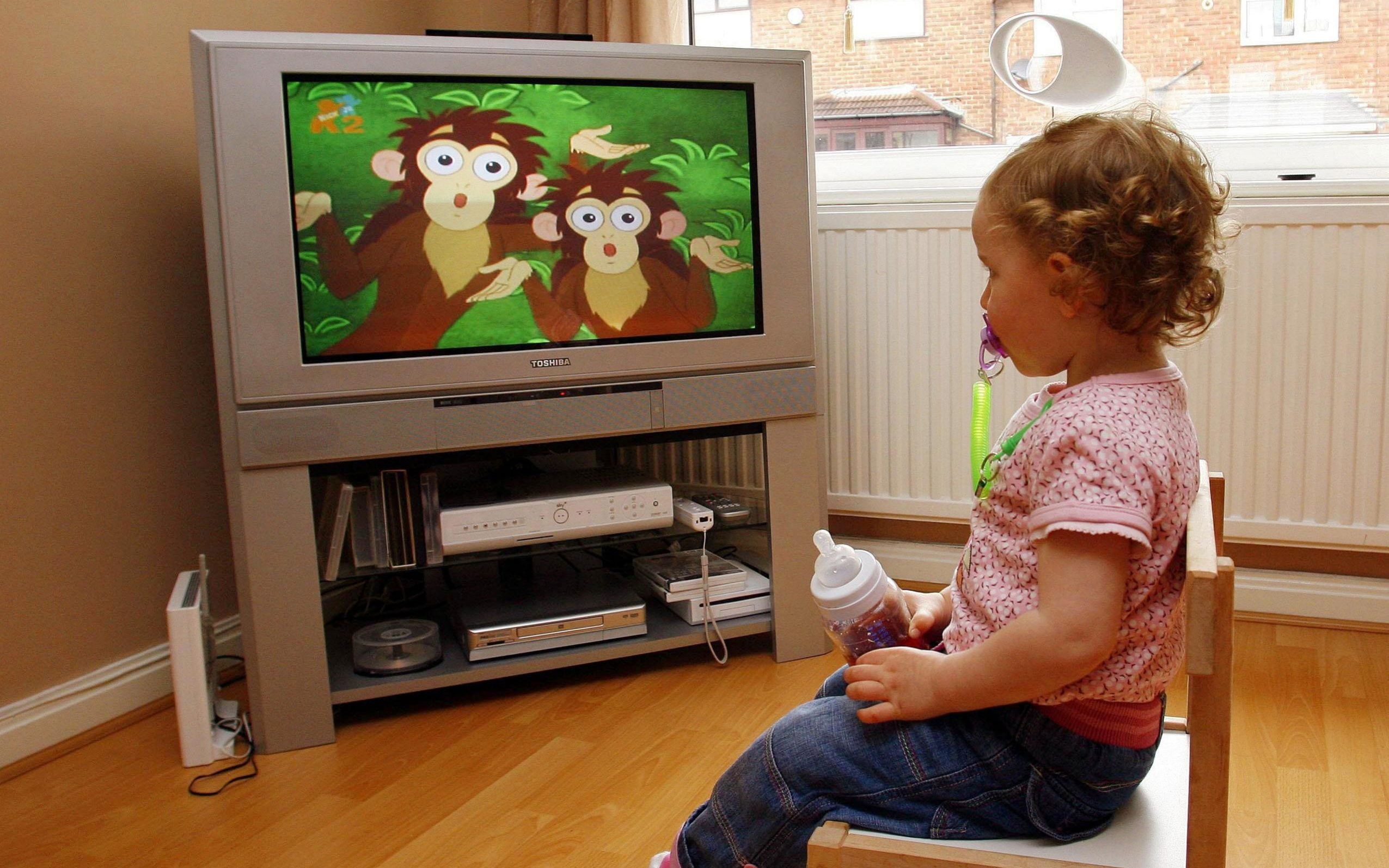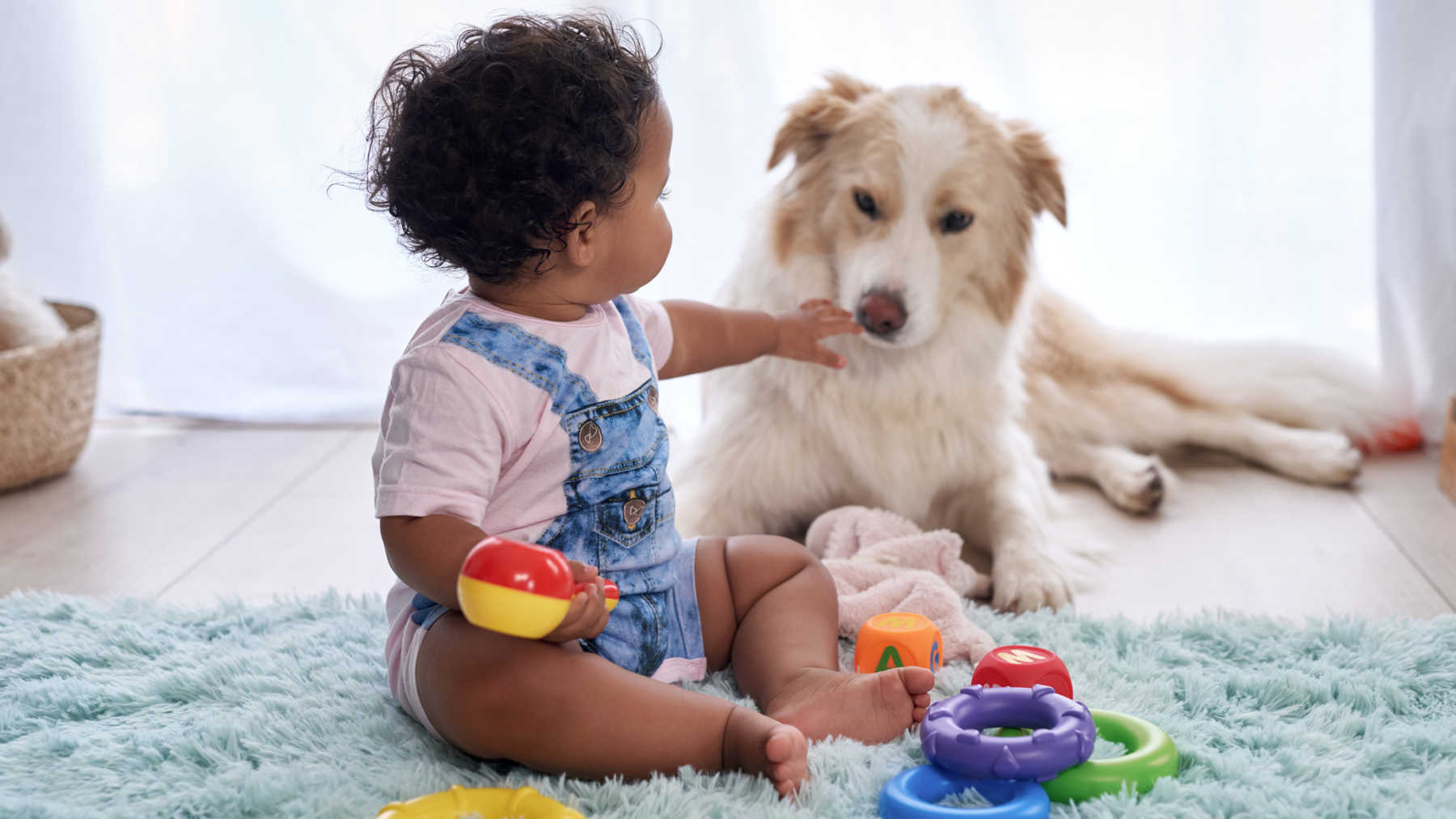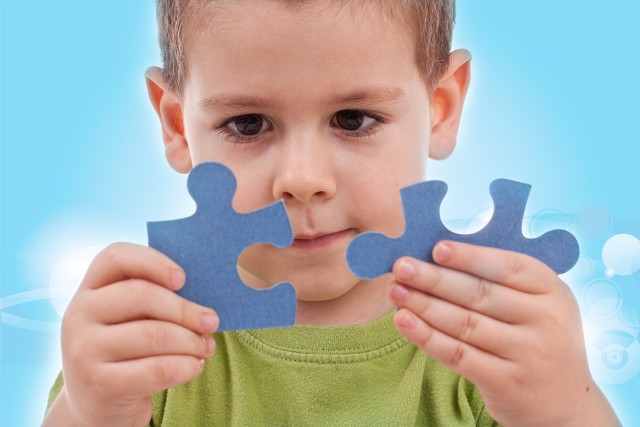In the digital age, television has become an integral part of everyday life, and its influence on young minds cannot be ignored. Preschoolers, aged 2 to 5, are in a crucial stage of cognitive, social, and emotional development. The role of television in their lives demands careful consideration due
“Pets have more love and compassion in them than most humans.” Robert Wagner “Furry friends” is a term commonly used to refer to animals, typically pets, with fur or hair. Pets are beloved companions that bring joy, comfort, and a sense of responsibility to children and often hold a
July 14,2023
The Healing Power of Nature: Utilizing Natural Environments as Stress Relief for Children- By Arvinder Kaur

“Nature holds the key to our aesthetic, intellectual, cognitive and even spiritual satisfaction.” In today’s fast-paced and technology-driven world, children often face high levels of stress and anxiety. However, nature provides a serene and therapeutic escape that can significantly benefi
Problem-solving is an essential skill that empowers individuals to navigate challenges, make informed decisions, and find creative solutions. Cultivating problem-solving skills during the preschool years lays a strong foundation for a child’s cognitive, social, and emotional development. In th
Separation anxiety is a common experience for many preschool children when faced with being separated from their primary caregivers. It is a normal part of child development and typically emerges between the ages of 1 and 3. While separation anxiety can be challenging for both children and parents,
Temper tantrums are a common and challenging aspect of young children’s development. They often occur as a result of frustration, communication difficulties, or the child’s struggle with self-regulation. While tantrums can be overwhelming for both children and caregivers, it is essential
October 31,2012
Tattletale – Child’s Behaviour
The child obtains certain skills during the first years of his/her life. When grown up to a preschooler, your kid becomes more and more independent in daily routine activities like eating, going to washroom, doing basic cleaning up. The child is able to make a choice of the things he/she plays
October 26,2012
Types of Children – Lazy Children
The lazy children are not the same as uninterested children. Judy H. Wright, a parent educator and PBS consultant, says that there appear to be many factors which influence child’s activeness. The laziness of a child can be caused by stage of growth, hormones, hunger, motivation, lack of cle
Do you get upset when the things don’t go the way you want them to? Do you feel sad when your relations with the people around are not being developed in a proper way? Your answers will be “Yes, I do”. Though being an adult you already know that life consists of ups and downs, [&he
October 10,2012
Types of Children – Violent Children
Preschoolers, as had been noticed in the previous articles related to the child’s psychology, have their own ways of understanding the events and reacting upon them. The young children are too small to determine the right and the wrong, so they may react violently in the situations involving s




